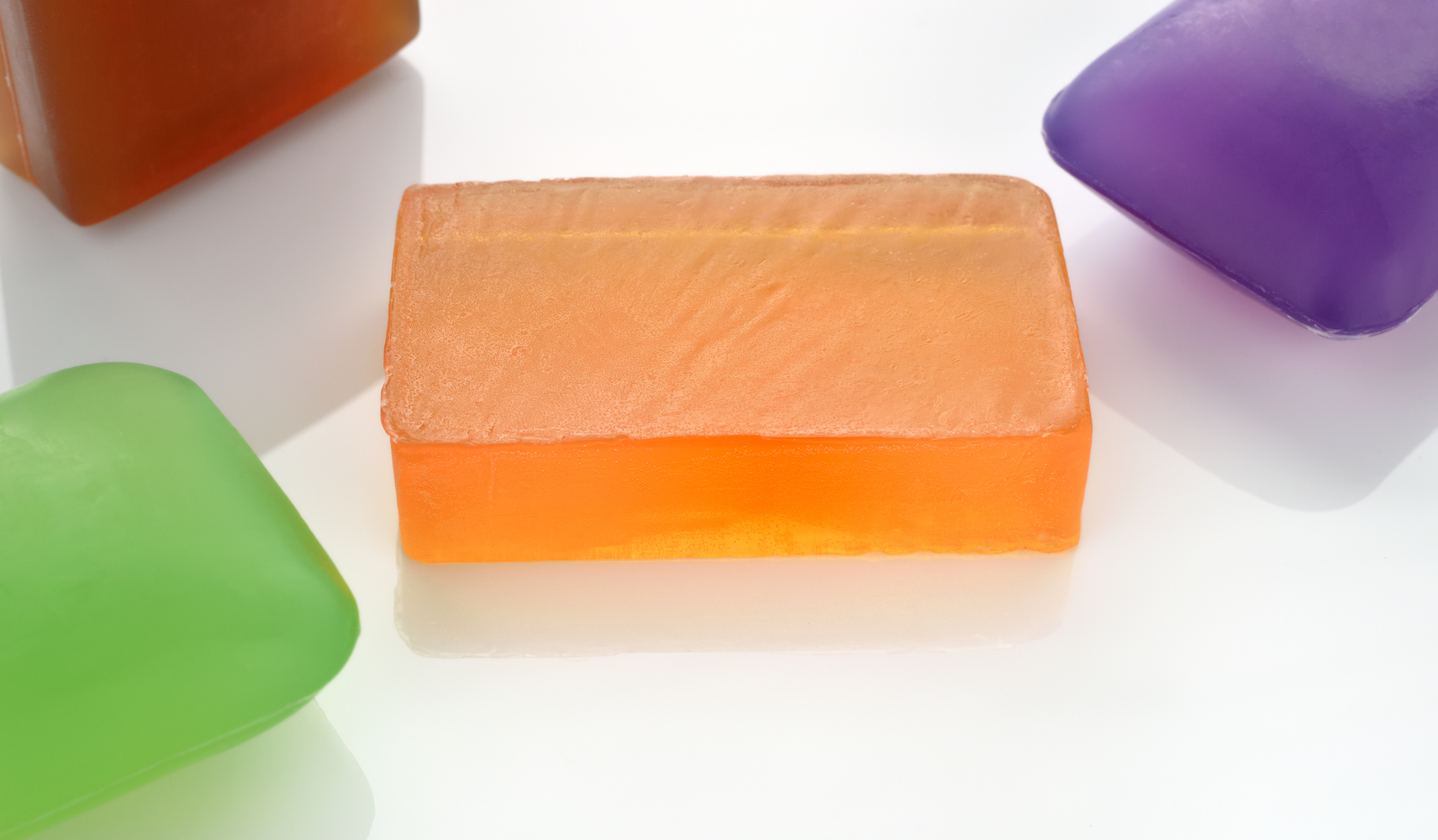
5 Eczema Triggering Soaps
Eczema, or atopic dermatitis, is an inflammatory skin condition that typically manifests in scaly, red, and irritated skin. Irritants such as preservatives in soaps, scented beauty products, and allergens can trigger the immune system, causing eczema flare-ups. Hydrocortisone cream is the most common treatment, but it is often better to avoid irritants and flare-ups in the first place. But you may wonder, can Otezla (Apremilast) be used for atopic dermatitis? The answer is yes, prescribed Otezla, Dupixent (Dupilumab), and Cibinqo (Abrocitinib) are often recommended by doctors for reducing eczema symptoms.
For example, In addition, many irritants found in soaps and other personal care products may also trigger eczema flare ups, so it is important for you to stay vigilant and always read the label when buying soap. Here are five soaps to avoid to help prevent eczema flare ups:
1. Strong fragrance soaps
The FDA hasn’t made it mandatory for companies to reveal the ingredients present in fragrance soaps, making it easier for companies to get away with using an undisclosed mixture of chemicals. Often, these fragrances consist of synthetic materials and carcinogens such as phthalates. These are typical allergens, and any person with sensitive skin may react to them. Particularly avoid these fragrances if you suffer from atopic dermatitis.
2. Soaps with methylchloroisothiazolinone and methylisothiazolinone
The FDA considers methylchloroisothiazolinone (MCI) to be an allergen, and notes that, in high concentrations, it can cause skin burns and irritate the skin and membrane. It has also been found to trigger allergies when used as an ingredient in soaps. Luckily, most companies stopped using it as an ingredient, and many countries have set restrictions on the concentration levels of methylchloroisothiazolinone and methylisothiazolinone in products.
3. Propylene glycol-based soaps
Propylene glycol is a common allergen that triggers contact dermatitis, an allergic reaction in the skin. You are especially susceptible to this rash if you suffer from eczema, have allergies, or have sensitive skin. People who have allergies to propylene glycol can counter the reaction with topical steroids or antihistamines, but such people should still generally avoid products with propylene glycol as part of eczema skincare.
4. Soaps containing essential oils
Most people are wrong in their belief that essential oils cause fewer allergic reactions than fragrances—while they are better for many, they can still be irritating for some. For instance, tea tree oil has several benefits; it is used in many skin care products to fight acne, fungus, and bacteria. However, people diagnosed with eczema should avoid it, since it irritates the skin and triggers contact dermatitis. These allergic reactions are rare, but they tend to be severe if they happen.
5. Antibacterial Soaps
Most antiseptics and antibacterial washes are not gentle on the skin and can trigger allergies and contact dermatitis. Despite the rationale of hygiene suggesting we use more hygiene products such as antimicrobial soaps, the ingredients in these soaps aren’t actually necessary for proper hygiene if you follow the correct method. If you have sensitive skin, it is actually safer and better for you to avoid these soaps.


